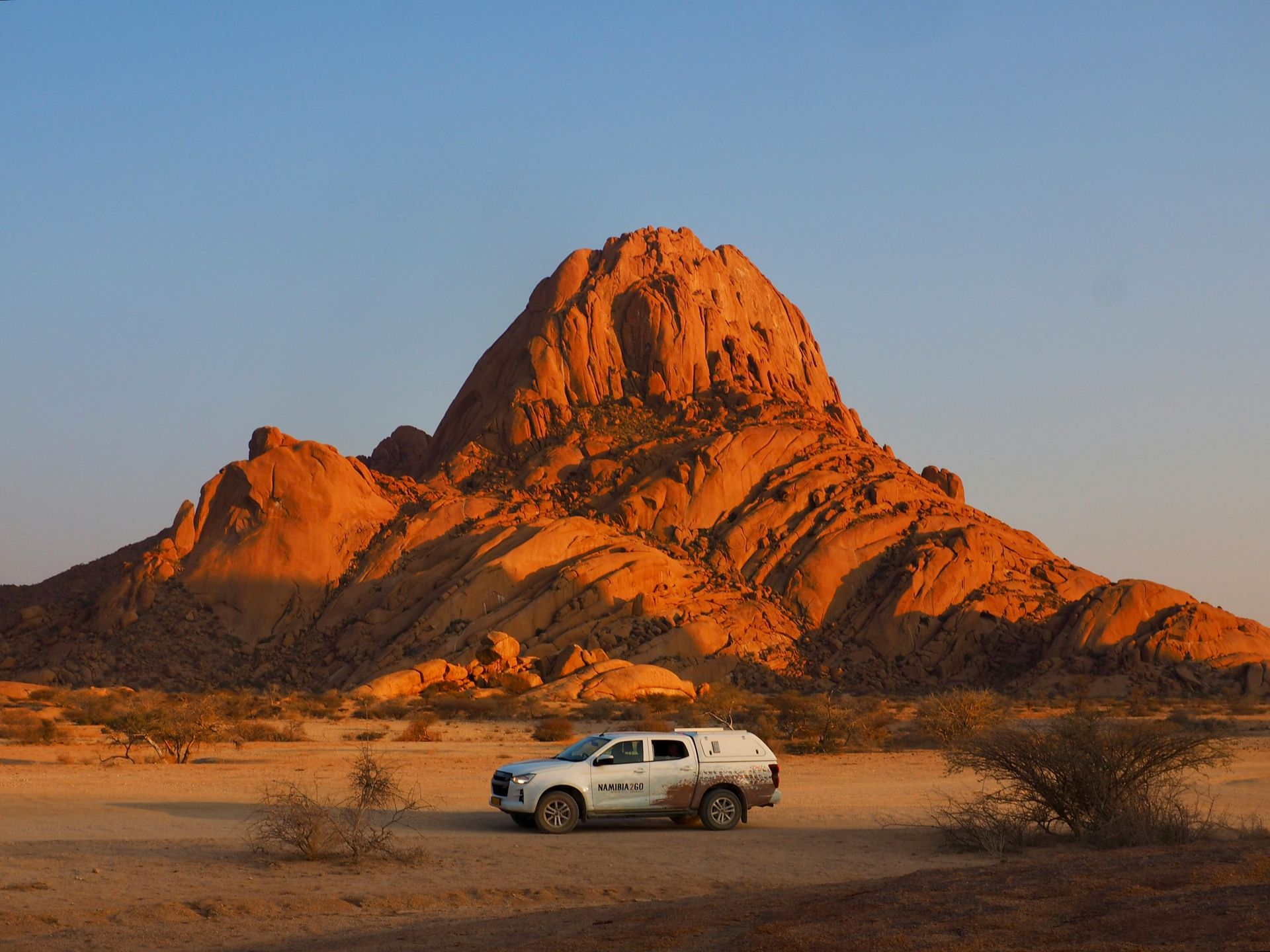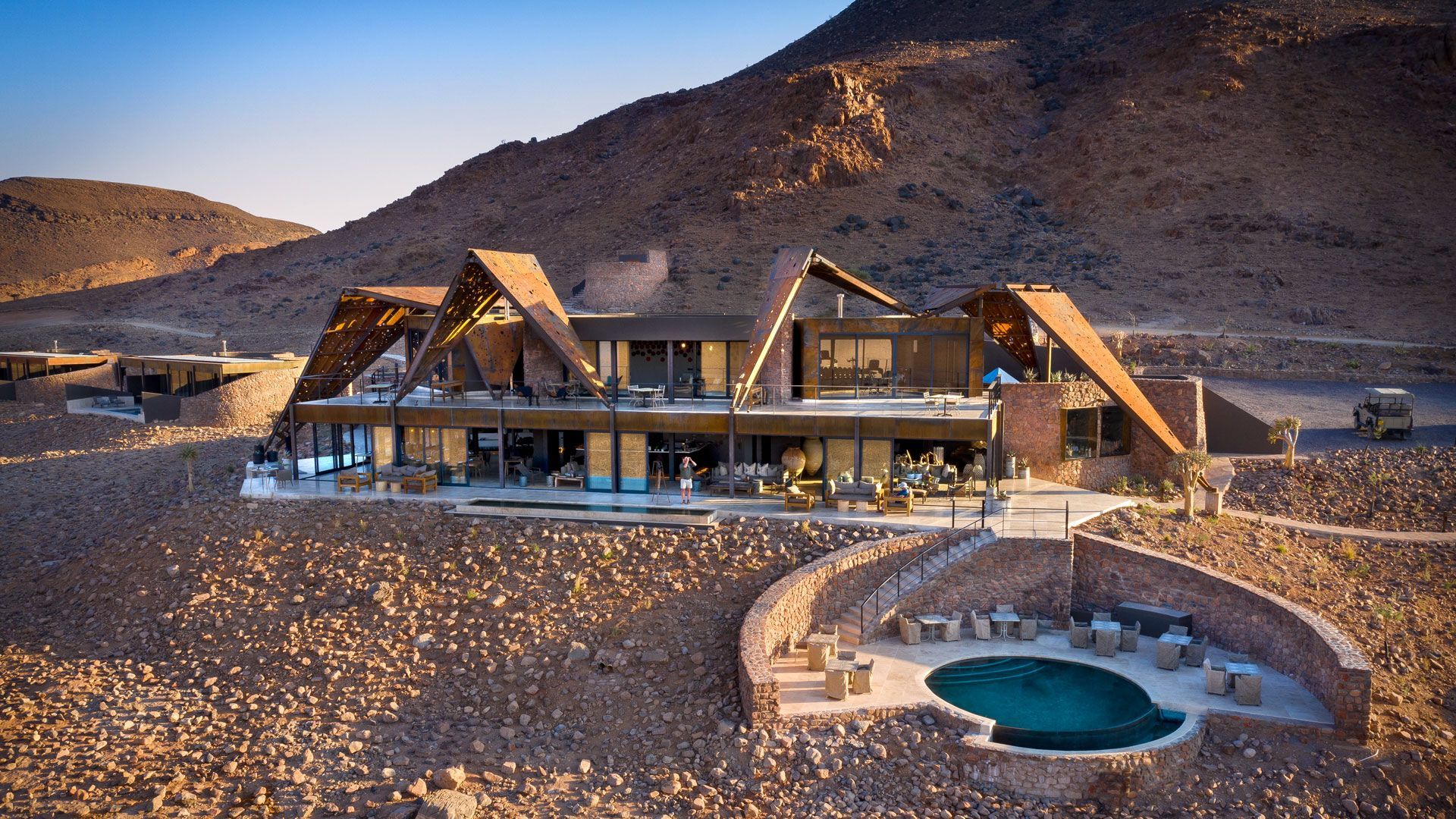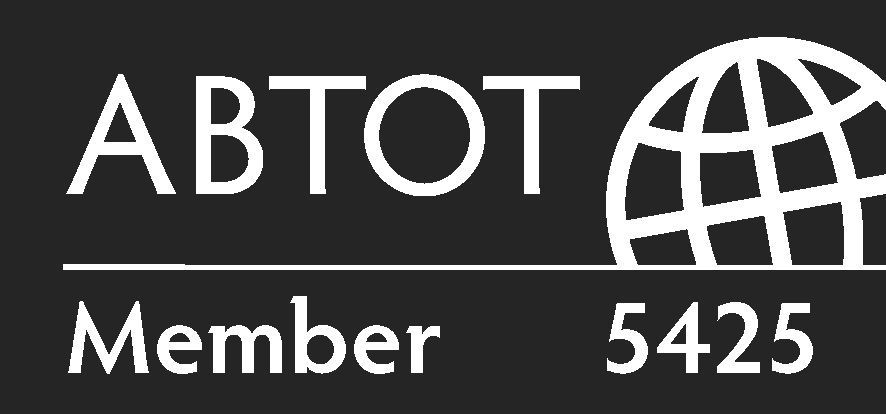Namibia
Desert Landscapes, Wildlife Encounters, 4x4 Adventure
Your Guide to Namibia
Namibia is a captivating destination renowned for its stunning landscapes and rich wildlife. From the towering dunes of Sossusvlei in the Namib Desert to the rugged mountains of Damaraland, every corner offers breathtaking views. Don't miss the Etosha National Park, where you can spot elephants, lions, and rhinos in their natural habitat. The enchanting Skeleton Coast, with its shipwrecks and dramatic coastline, adds a sense of adventure to your journey.
When you visit Namibia, immerse yourself in its diverse cultures and history. Explore the charming town of Swakopmund, known for its vibrant German colonial architecture, and enjoy thrilling activities like sandboarding and quad biking. Take a trek to see the ancient rock engravings at Twyfelfontein, a UNESCO World Heritage site, which tells the story of the region's early inhabitants. With its blend of natural wonders and cultural experiences, Namibia promises an unforgettable adventure!
Hosea Kutako International Airport (WDH): This airport serves as the primary international gateway to Namibia. It's ideally located for exploring the stunning landscapes and attractions of the country, including the Namib Desert, Sossusvlei, and Etosha National Park, making it a perfect starting point for your Namibian adventure.
Cape Town International Airport (CPT): While not located in Namibia, this airport is frequently used by travelers heading to Namibia. Many visitors fly into Cape Town and then connect to Windhoek, enjoying a dual itinerary that includes both South Africa and the wonders of Namibia..
Safari Vehicles (4x4s), Small Aircraft ('Bush Planes'), 4x4 Hire Vehicles and Overland Trucks
Transport options in Namibia
Official Spoken Languages
Airports in Namibia
The main language spoken in Namibia is Oshiwambo, but English is the official language used in government and education. English speakers will feel quite at home, as many Namibians are bilingual, often fluent in English along with their local languages. In urban areas, signs and menus are typically in English, making communication straightforward. Overall, English speakers can easily navigate and connect with the friendly locals during their Namibian adventure.
Weather & Climate
Namibia boasts a unique climate characterised by its arid conditions and breathtaking landscapes. The weather is generally dry, with two main seasons: the hot season from September to April and the cooler, dry season from May to August. Rainfall typically peaks between January and March. The best time to visit is during the cooler months, particularly from June to September, when temperatures are pleasant and wildlife viewing is at its peak. Enjoy crystal-clear skies and unforgettable experiences in this stunning country, making your trip to Namibia memorable.
Must-Do Experiences in Tanzania
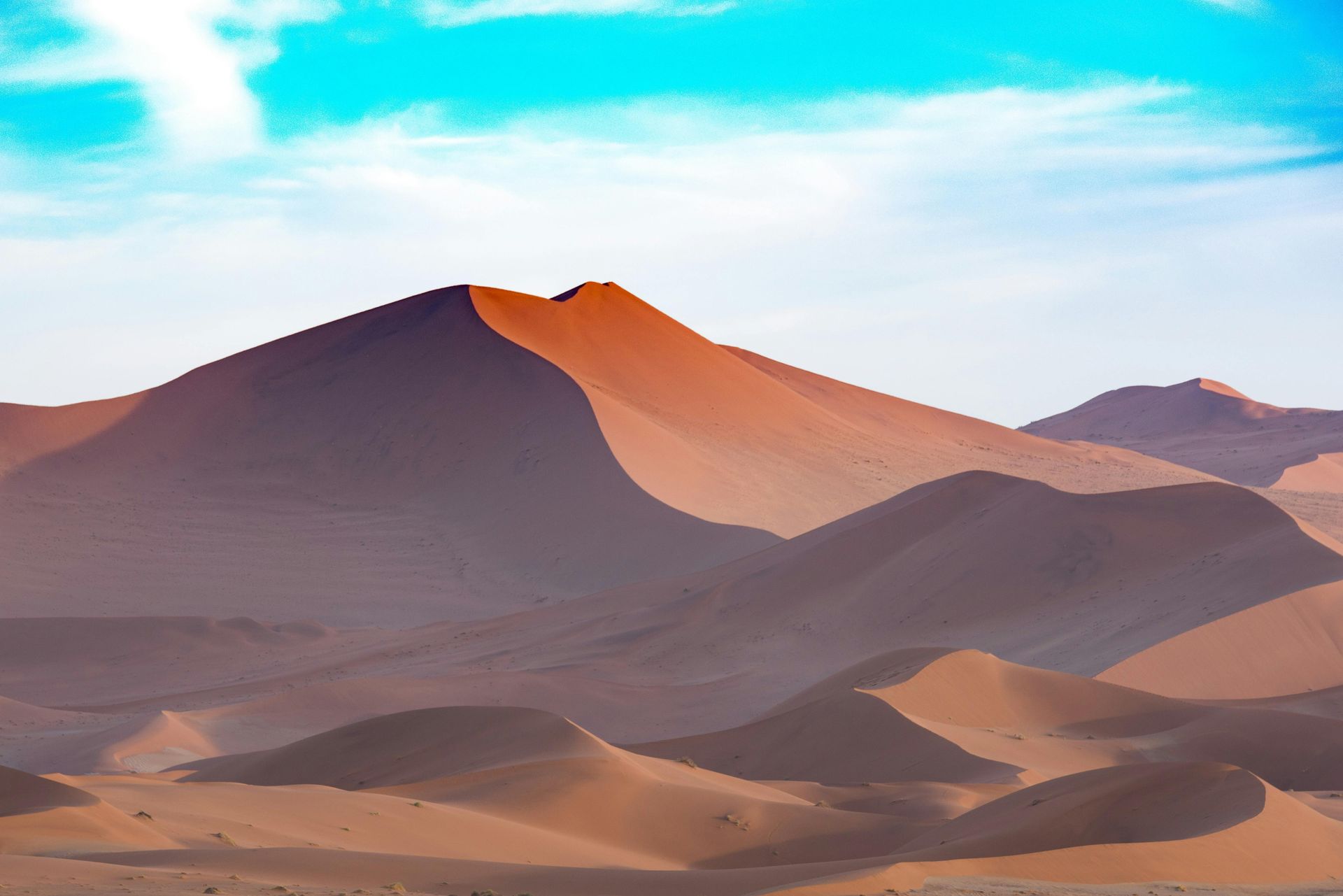
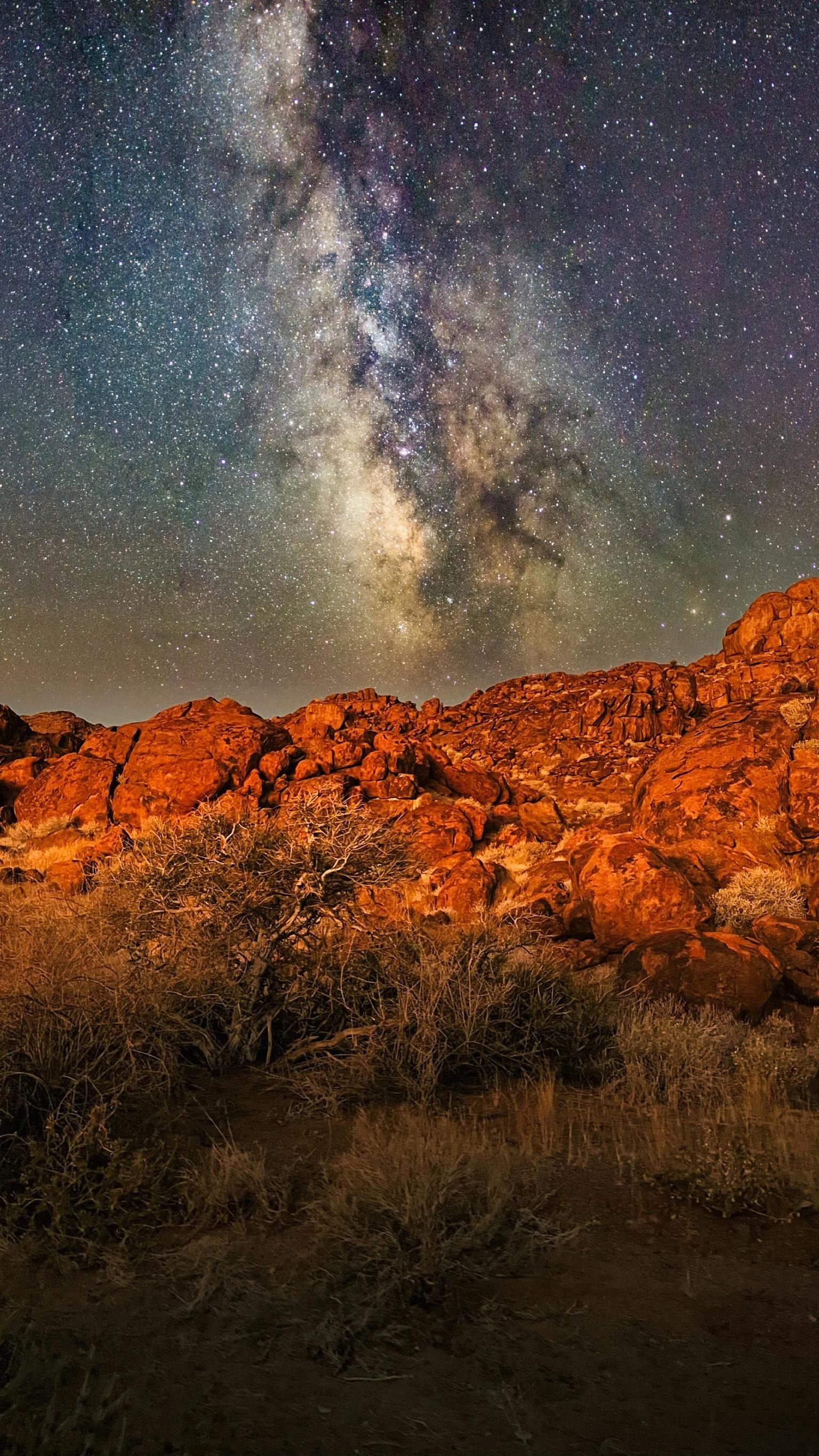
Dunes & Desert Dreams
Explore the towering red sand dunes of Sossusvlei, some of the highest in the world. Hike up Dune 45 at sunrise to witness a golden panorama, or venture to the eerie beauty of Deadvlei, a white clay pan dotted with ancient, desiccated trees. The Namib Desert’s surreal landscapes offer photo opportunities like no other. For a touch of luxury, stay in a desert lodge and stargaze under some of the clearest skies on Earth. It’s a place where silence speaks volumes and the desert tells a story of timeless wonder.
Location: Sossusvlei, Namib-Naukluft National Park
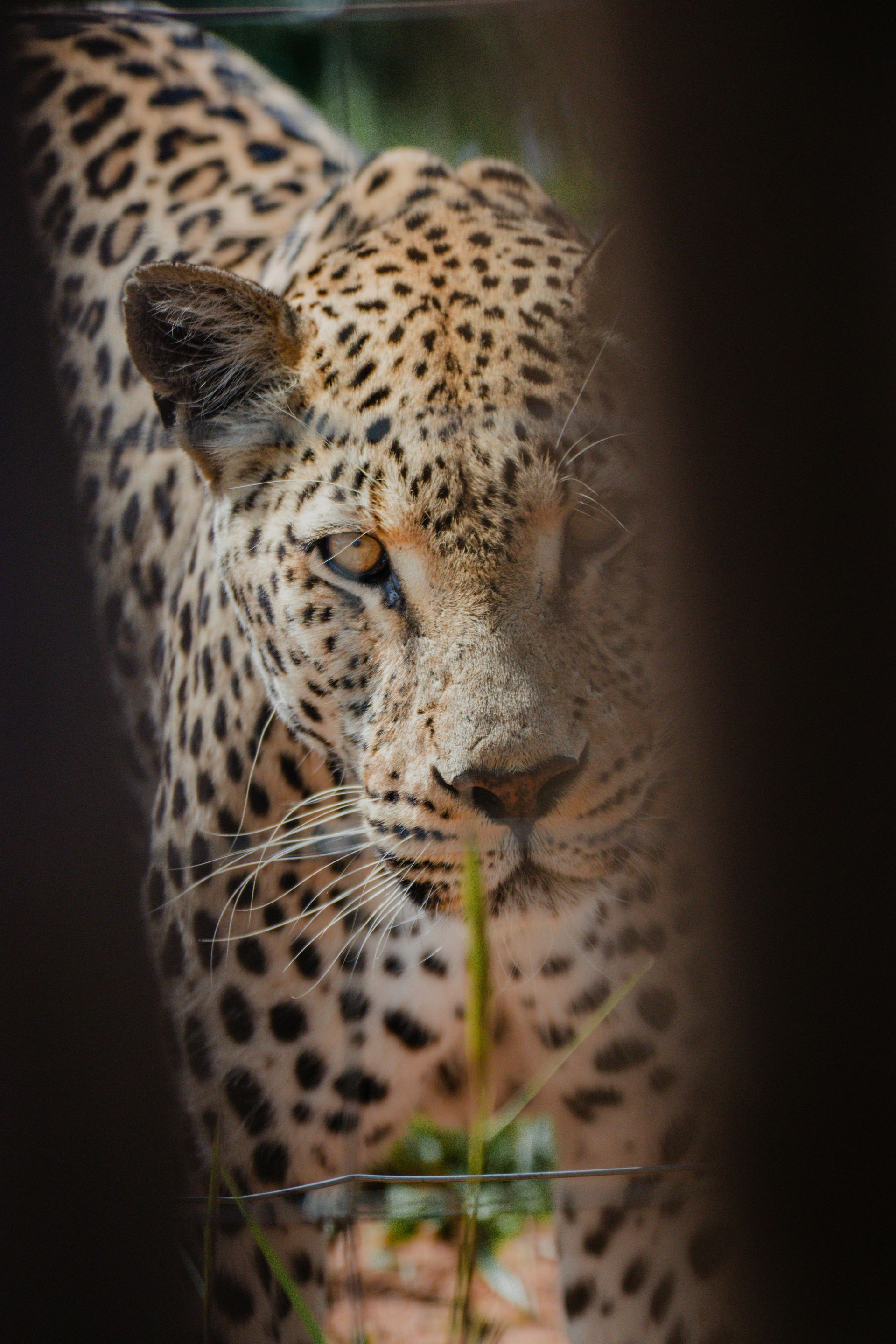
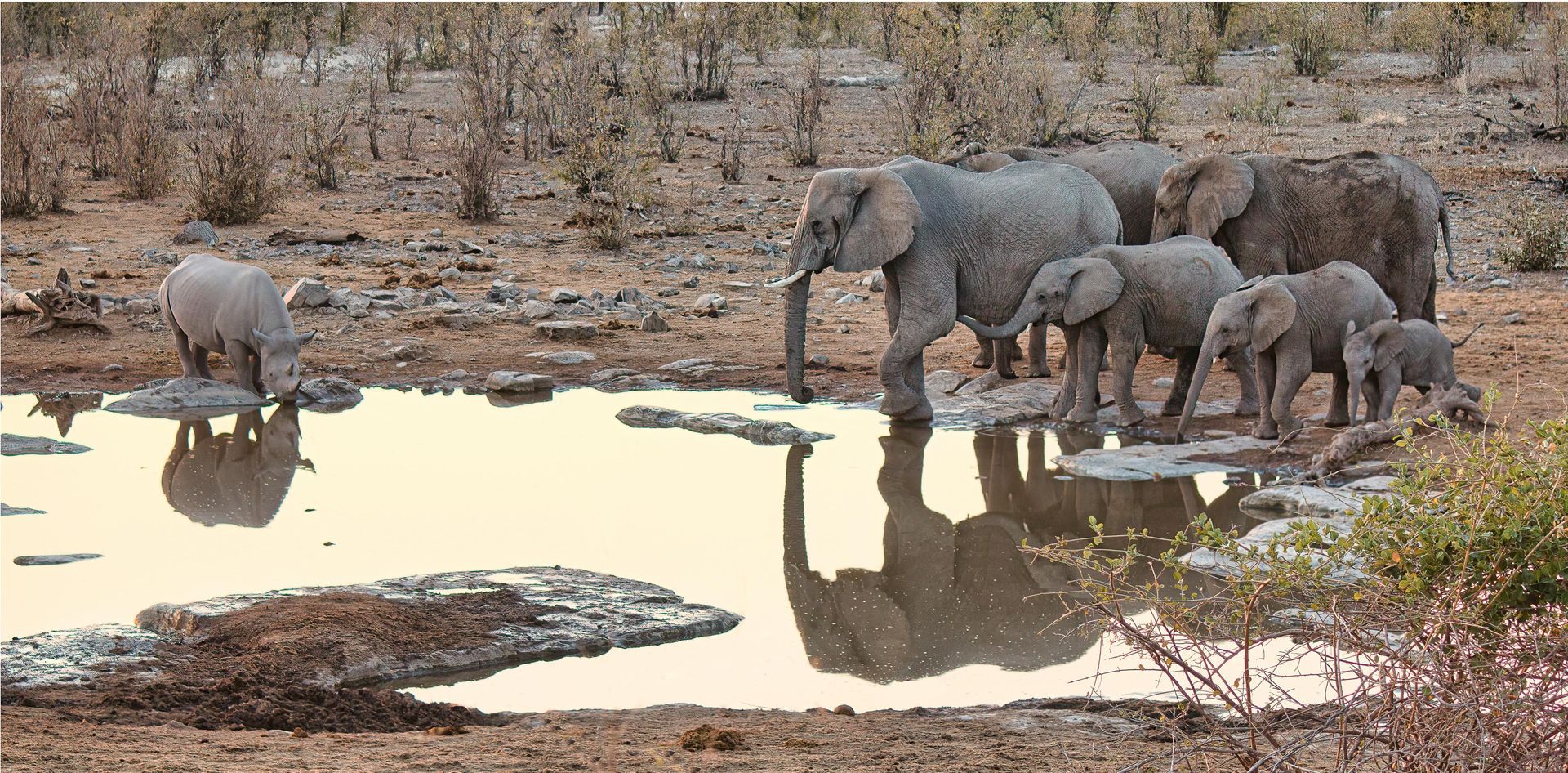
Wild Etosha Encounters
Etosha National Park is a wildlife haven where you can spot the Big Five and more around vast salt pans and waterholes. Self-drive safaris offer independence, while guided tours provide rich insights into animal behavior and tracking. The park’s sparse vegetation makes wildlife viewing especially rewarding. Watch herds of elephant, prides of lion, or elusive leopards gather at floodlit waterholes after dark. Birdwatchers will delight in the park’s 340+ species. Etosha is a living, breathing showcase of Africa’s raw beauty.
Location: Etosha National Park, Northern Namibia
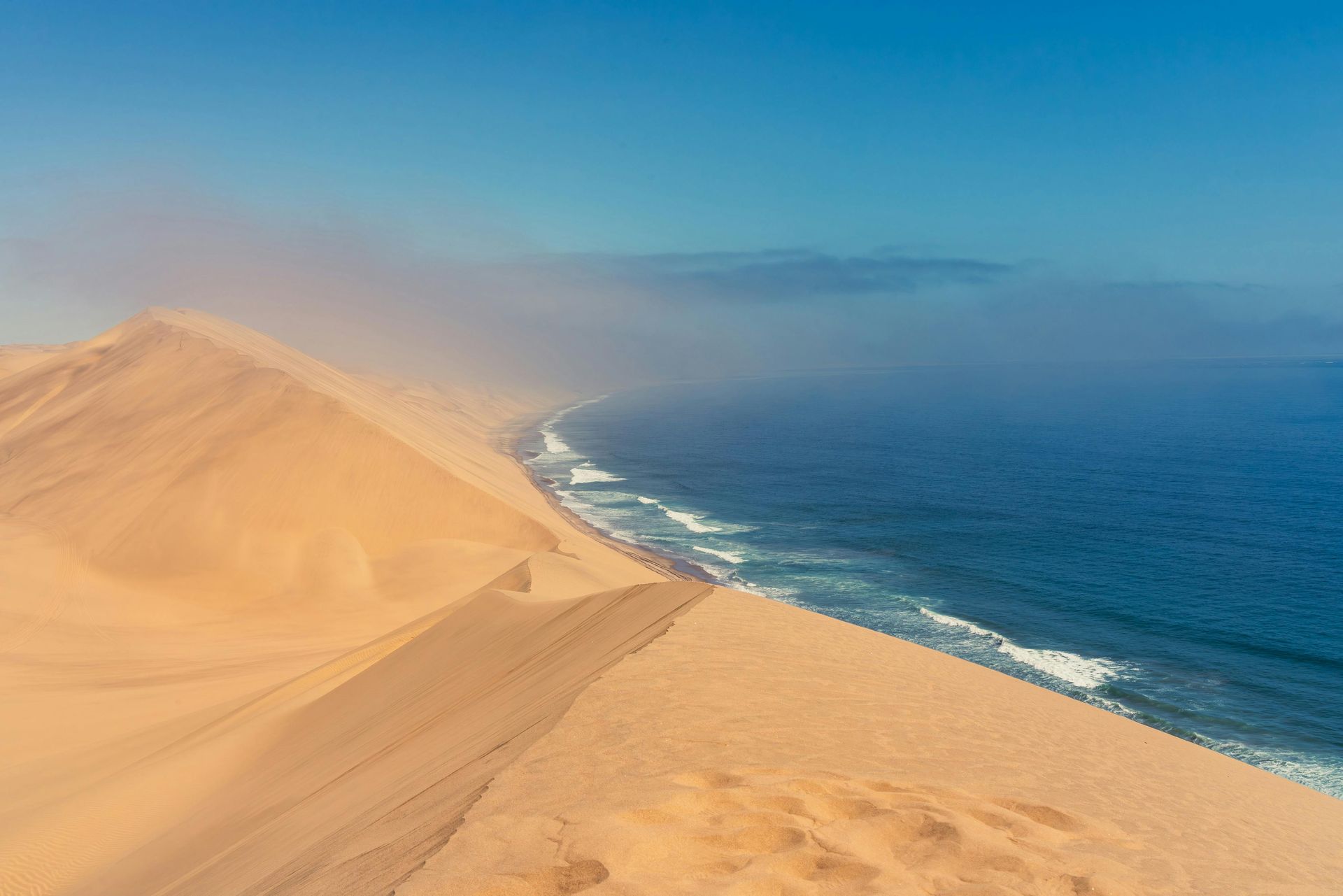
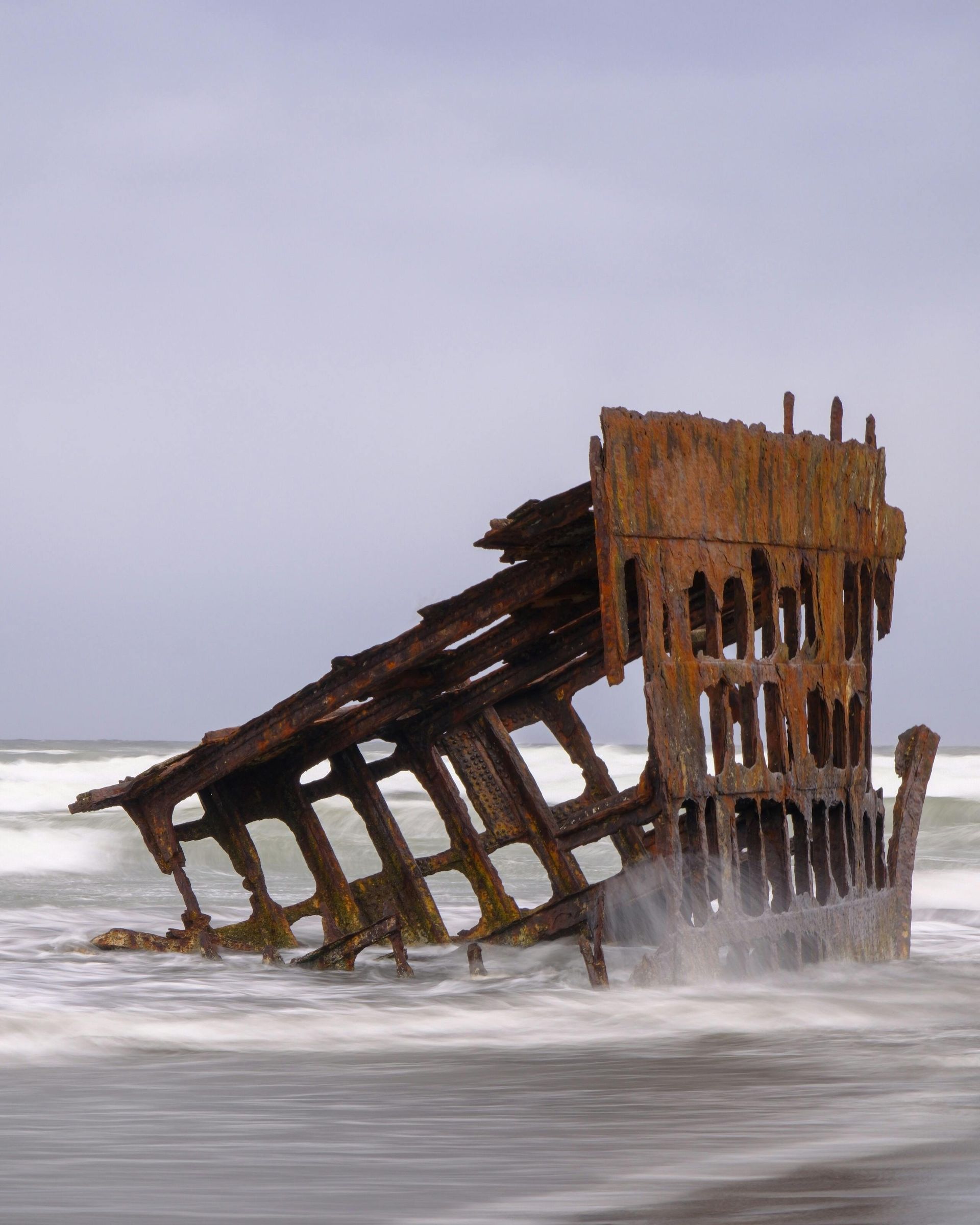
Skeleton Coast Mystique
Shrouded in fog and mystery, the Skeleton Coast is both stark and captivating. Discover rusted shipwrecks embedded in sand, bleached whale bones, and desert-adapted wildlife like brown hyenas and desert elephants. Fly-in safaris provide breathtaking aerial views of this remote wilderness, while 4x4 tours explore its hidden treasures on the ground. The area’s haunting beauty is magnified by the loneliness of its vast beaches and roaring Atlantic surf. It’s a surreal blend of ocean and desert, past and present.
Location: Skeleton Coast National Park, North-Western Namibia
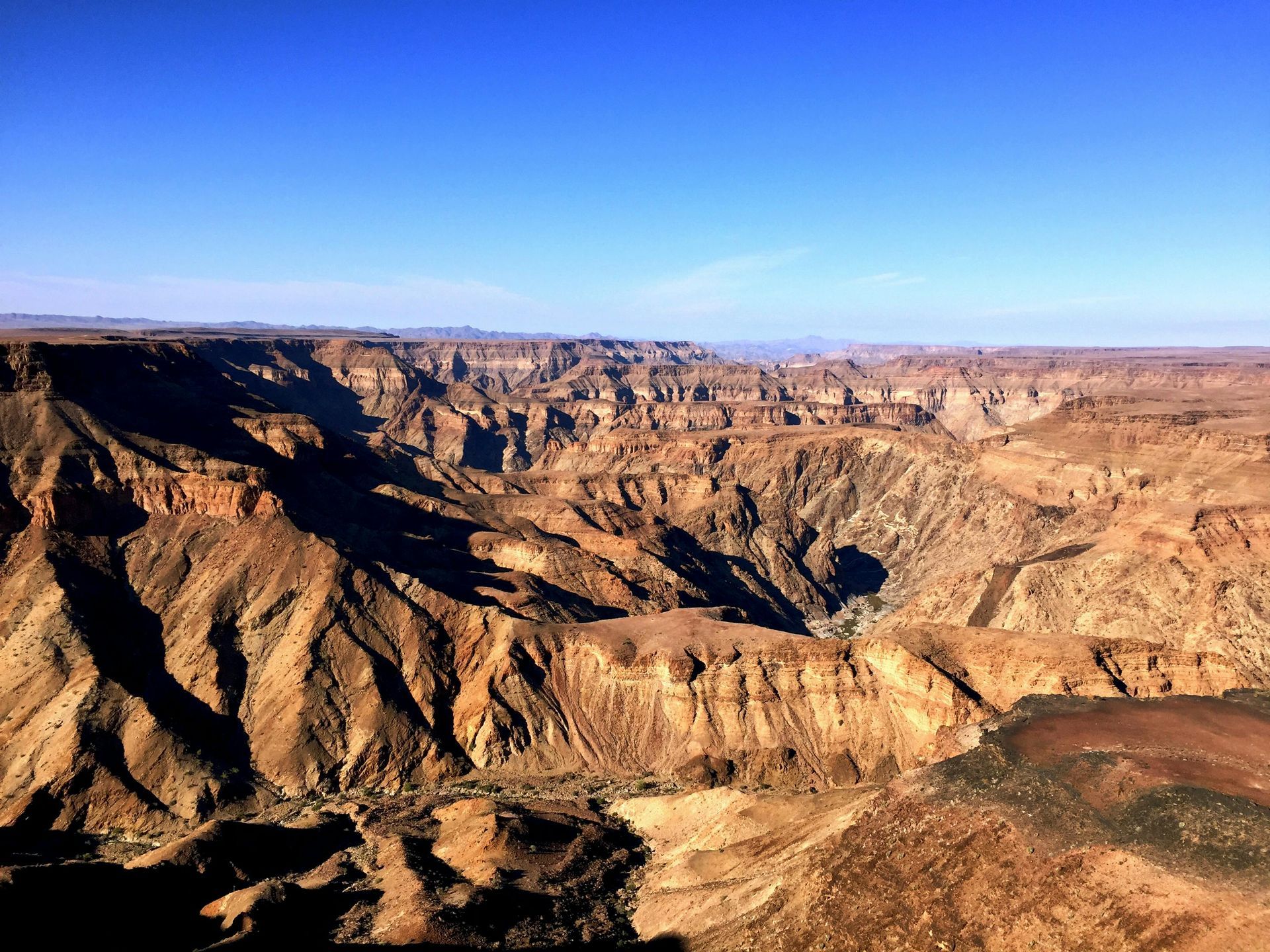
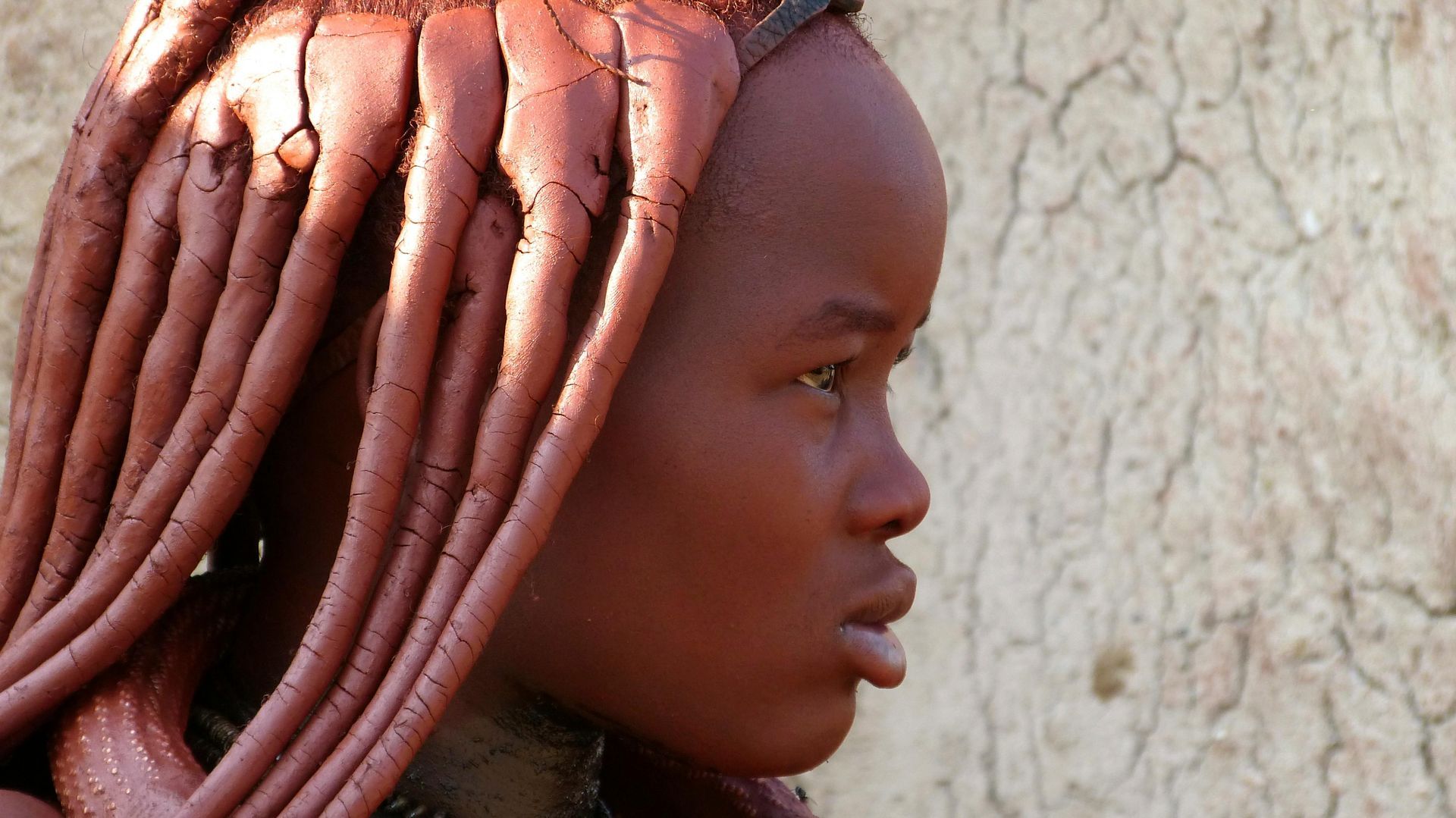
Canyons & Culture
Dive deep into Namibia’s cultural heart and geological wonders. Visit the Himba people in the north to learn about their traditions and way of life, then journey south to marvel at the Fish River Canyon, the second-largest canyon in the world. Hike its rugged trails or admire its vastness from the rim. Combine cultural immersion with outdoor exploration for a journey that feeds both soul and spirit. Namibia’s rich human heritage and epic landscapes will leave you with a deeper appreciation of Africa’s ancient rhythms.
Location: Kunene Region & Fish River Canyon
Tips for First-Time Visitors
Most travelers from Europe, the UK, USA, Canada, and Australia receive a visa-free entry for up to 90 days for tourism. However, always double-check the latest visa policies before your trip, as regulations can change. Your passport must be valid for at least six months beyond your departure date and have at least two blank pages for entry stamps. Immigration officers may ask for proof of onward travel and accommodation bookings. For longer stays or work/volunteer activities, apply for the appropriate visa beforehand through a Namibian embassy.
Visa Matters Made Easy
Namibia’s climate varies—hot days, cool nights, and potential dusty winds—so packing layers is essential. Include lightweight, neutral-colored clothing for safaris, a warm jacket for desert evenings, good walking shoes, and a wide-brimmed hat. Don’t forget sunscreen, sunglasses, lip balm, and a refillable water bottle. Power plugs are Type D/M (like South Africa), so bring the correct adaptors. A headlamp or flashlight helps in remote lodges. Include basic medications, insect repellent, and copies of important documents. A small binocular and camera will enrich your wildlife and landscape experience.
Pack With Rural Purpose
Namibia’s vast distances and limited public transport make self-driving the most flexible way to explore. Renting a 4x4 vehicle is highly recommended, especially for gravel roads or visiting places like the Skeleton Coast and Damaraland. Drive cautiously—wildlife and livestock often cross roads, especially at dawn and dusk. Fuel stations are infrequent in remote areas, so top up whenever you can. Guided tours are great if you prefer not to drive. Domestic flights connect major tourist hubs, but for scenic immersion and freedom, road travel is unbeatable in Namibia.
4x4 Smart Adventures
Namibia uses the Namibian Dollar (NAD), which is pegged 1:1 to the South African Rand (ZAR). Both currencies are accepted in Namibia, but NAD is not valid in South Africa. Credit cards are widely accepted in towns and lodges, though it’s wise to carry some cash for remote areas and fuel stations. ATMs are common in cities but scarce in rural areas. Always inform your bank of international travel to avoid blocked cards. When tipping, 10% is customary in restaurants. Exchange or withdraw local currency upon arrival for smoother travel.
Namibian Notes
Namibia: The Allure of the Desert & the Dunes
Namibia is a land of breathtaking contrasts, where the wild beauty of the Namib Desert meets the sweeping savannahs and vibrant wildlife of Etosha National Park. Adventures abound, from climbing the towering Dune 45 for a sunset view to exploring the striking vistas of Fish River Canyon. Don’t miss the rich culture of the Himba people and the ancient rock engravings at Twyfelfontein.
Ready to experience this spectacular destination? Discover the thrill of a guided safari, the tranquility of secluded beaches, and the breathtaking panoramas that make Namibia unforgettable. Book your adventure now and create memories that will last a lifetime!

